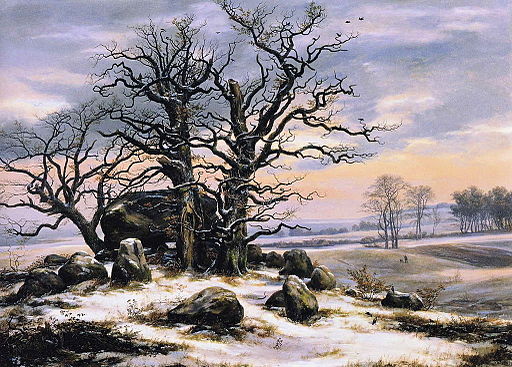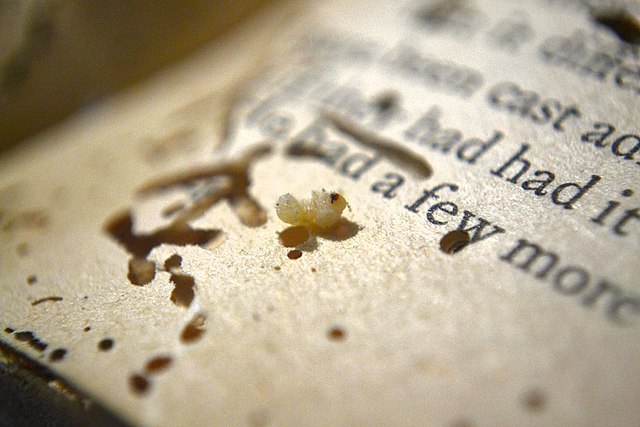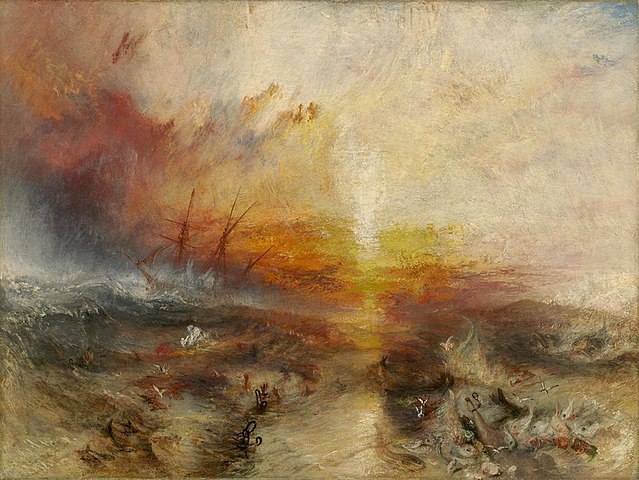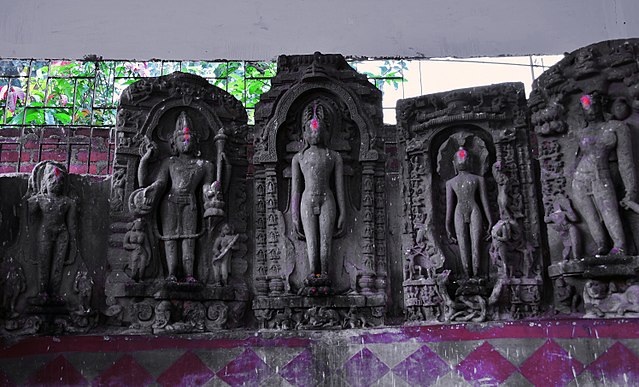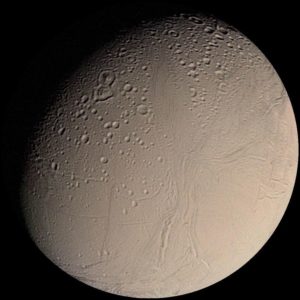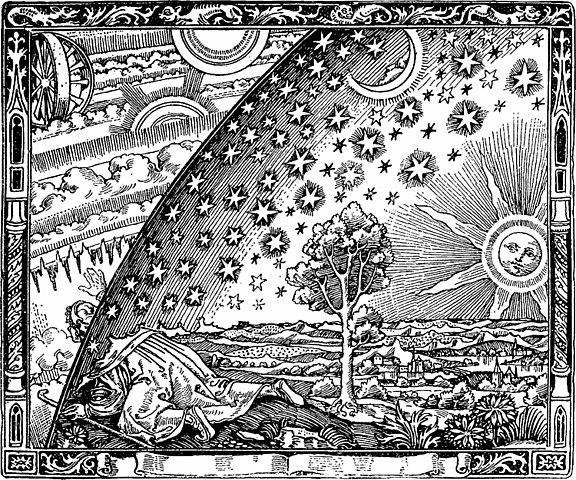
David C. Kopaska-Merkel
We slept for centuries in metal tubes,
10,000 dreams of waking in the ship,
To find a planet we could make our home,
A ring of rocks that could have been a world,
Or outpost of an empire old as time,
Whose warriors were armed with weapons strange,
Or empty human colonies and dust
Of countless years since people last walked there.
At last we wake in orbit round a sun,
We find a world the blue of salty seas,
Its moons are small, no cities anywhere,
Bright green its hills, its valleys, and its plains,
But many of us stand in troubled thought,
And wonder when we’ll think we wake again.

